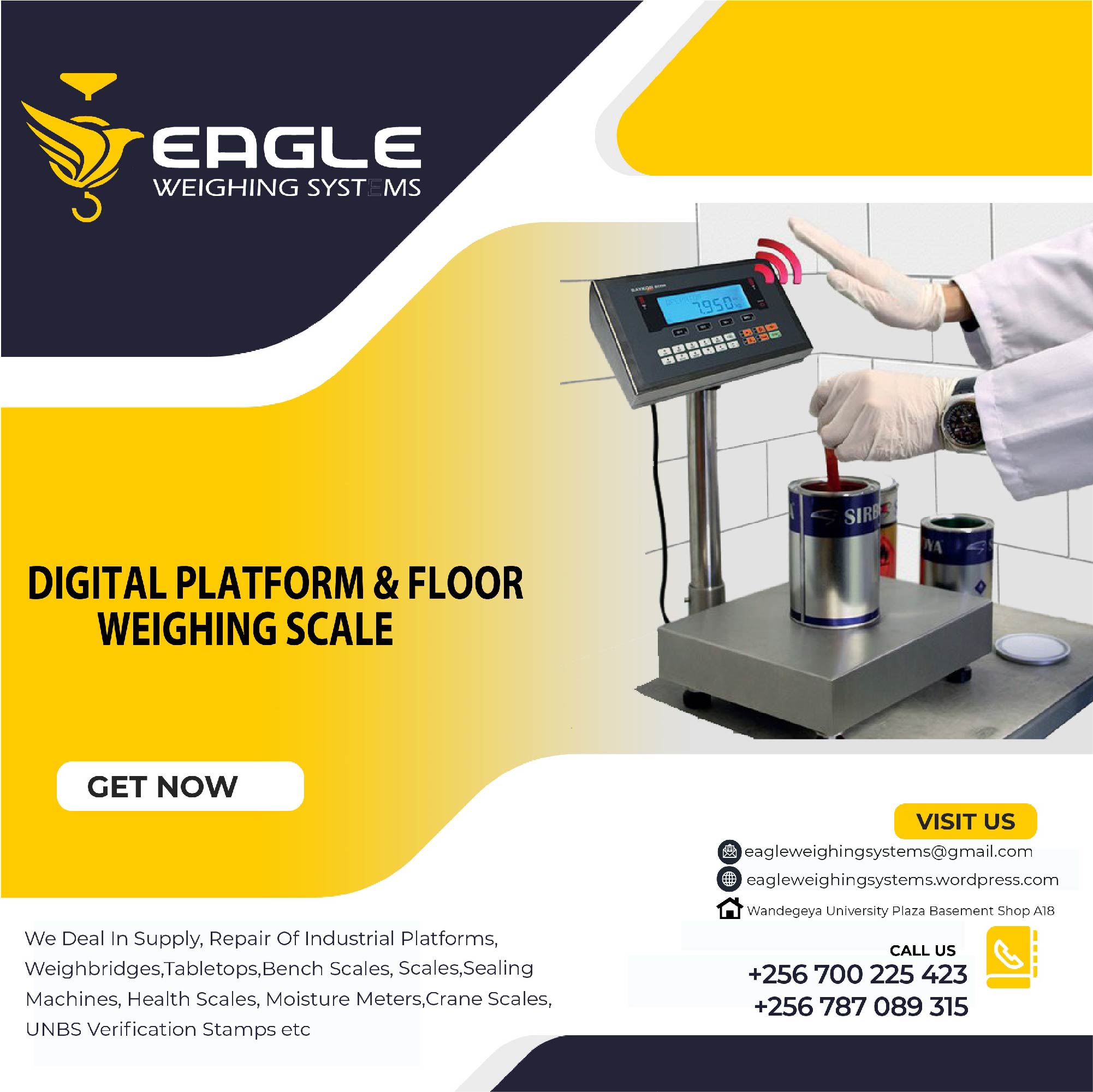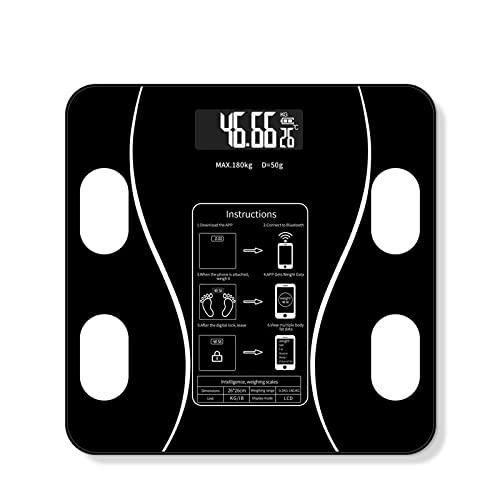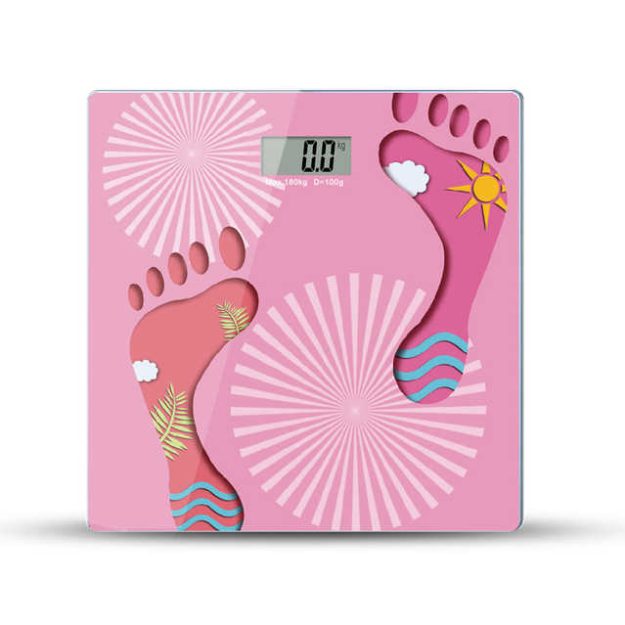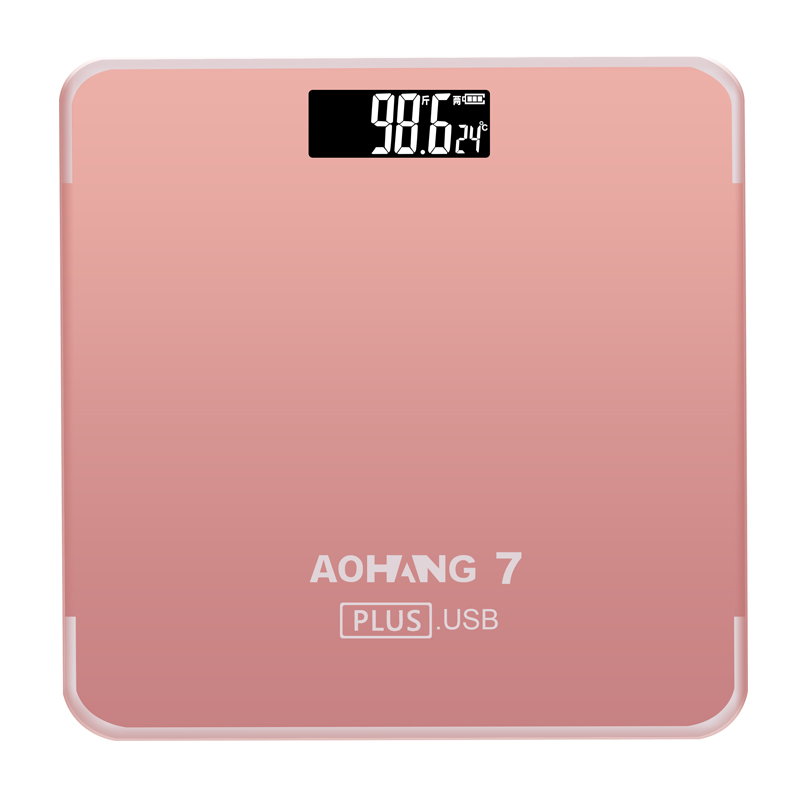Interesting Facts About Weighing Scales
Weighing scales have been an essential tool for centuries, evolving from simple mechanical devices to the advanced digital versions we use today. They play a crucial role in industries, businesses, and everyday life, ensuring accurate measurements in trade, healthcare, science, and even at home. Here are some fascinating facts about weighing scales that highlight their history, technological advancements, and significance.
1. Weighing Scales Have Been Used for Over 4,000 Years
The concept of weighing can be traced back to ancient civilizations. Early scales were simple balance scales, first used by the Egyptians around 2000 B.C. These scales consisted of a horizontal beam balanced on a central fulcrum, with two pans hanging on either side to compare the weight of objects.
2. Ancient Civilizations Used Weights Made of Stone
In the earliest days of weighing scales, ancient Egyptians and Mesopotamians used stones, metals, and other materials as standardized weights. These early weights weren’t always as precise as today’s versions, but they were sufficient for trade and market transactions.
3. The Industrial Revolution Transformed Weighing Technology
During the 18th and 19th centuries, the Industrial Revolution spurred innovations in weighing technology. With the advent of mass production and standardized manufacturing, more accurate and reliable scales became essential for industries like textiles, metalworks, and agriculture. This era saw the invention of mechanical spring scales and other innovations that made weighing more practical and precise.
4. Digital Weighing Scales Revolutionized Precision
Digital scales emerged in the 20th century, transforming accuracy in weight measurement. These scales use electronic sensors, also known as load cells, to convert the weight into an electrical signal. This technology offers greater precision, readability, and user-friendly features like automatic tare functions and digital displays.

5. There Are Three Main Types of Weighing Scales
Weighing scales fall into three primary categories: mechanical, digital, and hybrid.
- Mechanical scales: These traditional scales rely on springs or balance beams to measure weight and are commonly seen in older kitchen or bathroom models.
- Digital scales: These modern scales offer high precision and are commonly used in laboratories, industries, and households today.
- Hybrid scales: Combining features of both mechanical and digital scales, hybrids are typically seen in environments requiring redundancy or backup systems.
6. Weighing Scales Play a Crucial Role in Healthcare
In the medical field, weighing scales are vital for monitoring a patient’s health, particularly in tracking growth, managing weight, and administering medication dosages. Infant scales, wheelchair scales, and bed scales are specifically designed to accommodate the needs of different patients, ensuring accurate readings even in sensitive health situations.
7. Scales Are Essential for Scientific Experiments
Laboratories rely on precision balances, which are specialized scales capable of measuring very small mass quantities. These scales are essential in chemical research, physics, and pharmaceuticals, where even the slightest weight difference can affect the outcome of an experiment.
8. Modern Weighing Scales Offer Advanced Features
Today’s digital scales come equipped with features such as Bluetooth connectivity, memory storage, and wireless data transfer. Many of these scales sync with mobile apps, allowing users to track their weight changes over time or share data with healthcare professionals.
9. The Concept of “Tare” Helps Remove the Weight of Containers
One of the most helpful features of modern digital scales is the tare function, which allows you to subtract the weight of the container from the total weight. This makes it easier to weigh ingredients, items, or materials without having to do manual calculations.
10. Precision Weighing Is Key for Gold and Jewelry
The jewelry industry requires scales that can measure with extreme accuracy, often down to 0.001 grams. These high-precision scales ensure that gold, diamonds, and other precious metals and gemstones are accurately weighed for pricing and transactions.
11. Scales Are a Legal Requirement in Trade
In many countries, including Uganda, weighing scales used for trade must meet regulatory standards. Government bodies such as the Uganda National Bureau of Standards (UNBS) ensure that weighing scales are calibrated and certified to provide accurate readings, protecting both buyers and sellers in trade environments.
12. Livestock and Animal Scales Are Specialized for Farming
Farmers use specialized livestock scales to weigh animals like cattle, sheep, and pigs. These scales are designed to account for the movement of animals and ensure precise readings, crucial for monitoring animal health, growth, and trade purposes.
13. Extreme Accuracy Is Needed for Shipping and Cargo
Cargo scales, often referred to as industrial or platform scales, are used to weigh heavy loads like shipping containers, trucks, or large crates. In logistics, the exact weight of a shipment is critical to ensure compliance with weight limits and safety regulations.
14. Weighing Scales Have Adapted to Changing Technology
With the rise of automation and IoT (Internet of Things), modern scales are increasingly integrated into larger systems. This enables real-time data collection and analysis, especially in manufacturing, supply chain management, and quality control processes.
15. Scales Are Used in Space
Weighing in space is an entirely different challenge due to the lack of gravity. Scientists have developed specialized tools for measuring mass in microgravity environments, crucial for space missions and research on the International Space Station.
16. The Heaviest Object Weighed?
One of the heaviest objects ever weighed is the NASA space shuttle. The fully-loaded shuttle weighs around 2,000 tons, and to accurately measure it, NASA uses massive truck scales designed for weighing large, heavy equipment.
17. Smart Scales Help Track Body Composition
Many of the latest digital bathroom scales are “smart scales” that can measure more than just your body weight. They also provide data on body fat percentage, muscle mass, water weight, and bone density. These features are particularly useful for fitness enthusiasts looking to track their overall health.
18. Weighbridges Are Used for Vehicle Weighing
Weighbridges are massive platform scales installed in roads or industrial sites to weigh trucks and heavy vehicles. In Uganda, weighbridges are essential for monitoring load limits and preventing road damage due to overloaded trucks.
Conclusion
From ancient balance beams to today’s digital and precision scales, weighing scales have evolved tremendously, becoming indispensable tools across industries. They help ensure accuracy in trade, scientific research, healthcare, agriculture, and logistics, playing a key role in daily life. With advances in technology, weighing scales continue to improve, offering even greater precision and efficiency in the future.
Want to lean more about weighing scales?








